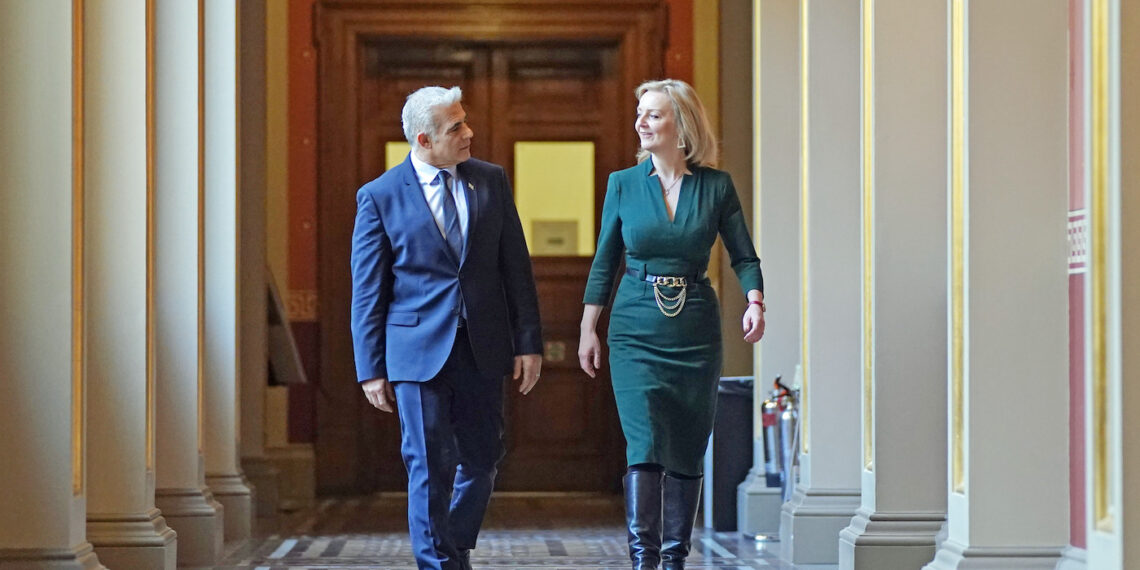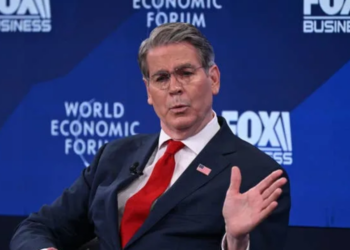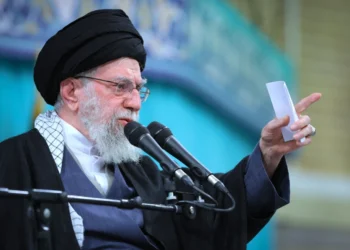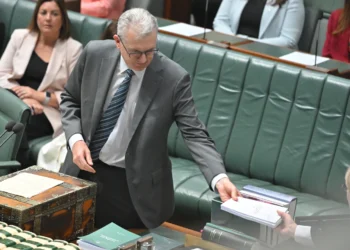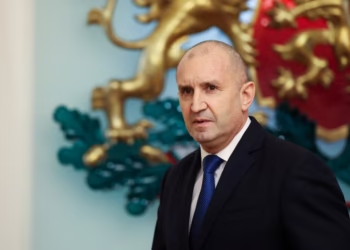LONDON (Realist English). British Prime Minister Liz Truss promises to move the UKembassy from Tel Aviv to Jerusalem. This was reported by the columnist of the publication Middle East Eye Avi Shlaim.
“The status of Jerusalem is the thorniest issue in the Israeli-Palestinian conflict, one of the most bitter, prolonged and intractable international conflicts of modern times. East Jerusalem, along with the rest of the West Bank and the Gaza Strip, were captured by Israel in the June 1967 war and have ever since been viewed by the international community as occupied territory,” Schlaim noted in his article.
During her campaign for the leadership of the British Conservative Party, Liz Truss told the Conservative Friends of Israel (CFI) that, if elected, she would consider relocating the British embassy from Tel Aviv to Jerusalem. At a subsequent meeting at the UN, Prime Minister Truss repeated the promise of a review to the interim Israeli prime minister Yair Lapid.
Shlaim reminded that during her tenure as Foreign Minister, Truss did not attempt to move the embassy.
“One can only speculate that she instigated the review for reasons of political expediency: to ingratiate herself with Israel and its supporters in Britain, and more specifically, with the CFI, whose membership includes most of the cabinet and around 80 percent of Tory backbenchers,” — the expert explained.
Palestinian leaders have warned that moving the embassy would undermine the two-state solution and destroy their relations with Britain. Husam Zomlot, the Palestinian ambassador to the UK, said it was “extremely unfortunate” that Truss used her first appearance at the UN as prime minister to “commit to potentially breaking international law”.
US President Donald Trump has become the first world leader to violate the decision of the international community not to place embassies in Jerusalem until a two-State solution to the Israeli-Palestinian conflict is reached. Trump’s 2018 decision was met with outrage in the Arab East, having sparked a widespread discussion. Theresa May, the then Prime Minister of Britain, criticized the position of the head of the White House.


